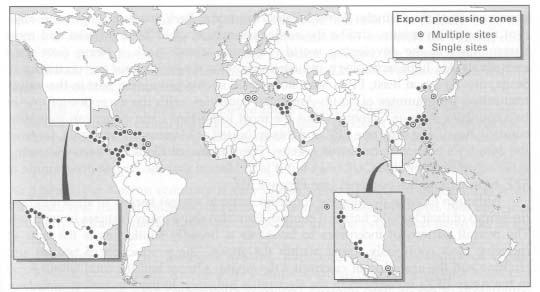“intervention”/naked control by first Europe then the US
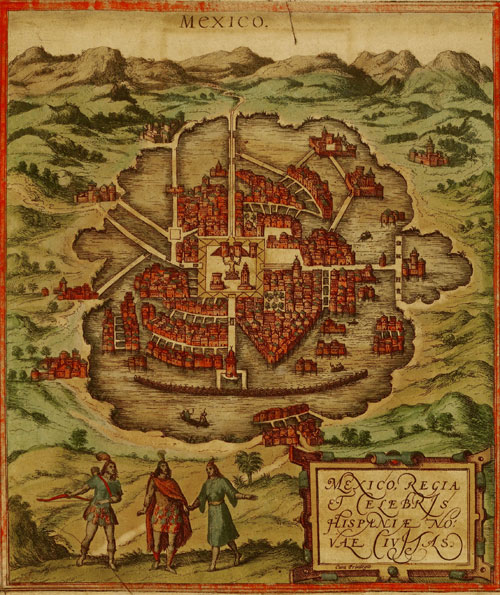
e.g Monroe Doctrine
"big stick diplomacy"
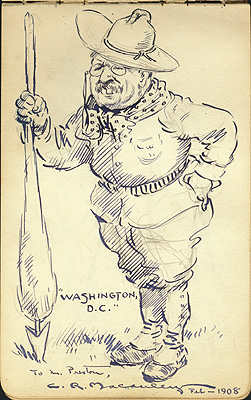
1) Colonialism,
neo-colonialism
“intervention”/naked
control by first Europe then the US

e.g Monroe Doctrine
"big stick diplomacy"

leads to anti-yanquismo in
Lat Am
2) "neo-colonialism"
Economic relationship with
the US
Dependency Theory
core (wealthy countries) vs. periphery (poor
countries)
3) Economic problems of the
South
What Magstadt calls "the Latin American economic malady”
(412)
Econ heavily dependent upon export commodities
(price fluctuations)
Cost of imports rise
rapidly, creating
strong demand from consumers for hard currency
Weak tax structures –
tax evasion ; government
debt to make up shortfalls
“Roller coaster ride”
economies
marked inflation,
currency devaluation (combined with wage freezes)
as a result of massive
foreign indebtedness, demand for hard currency,
weak banking systems
Exacerbated by global/international financial crises (e.g. Russia, Asia)
4) Pressures for land reform,
redistribution
of wealth because of strong inequities
small, very wealthy, landowning
class vs. large numbers of landless peasants
Click here for chart on income
polarization
5) Ramifications of these
issues for politics: intense political competition between
Right and Left
revolution, civil war, military coups
Right
Military plays large role in politics;
many military coups, dictatorships
Collusion among wealthy landowners,
Church, military (caudillismo)
Left
poor,
landless peasants, indigenous
movements, guerilla fighters, popular fronts, Marxist
movements and political parties
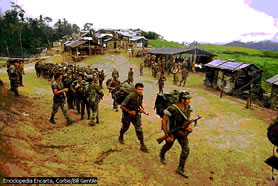
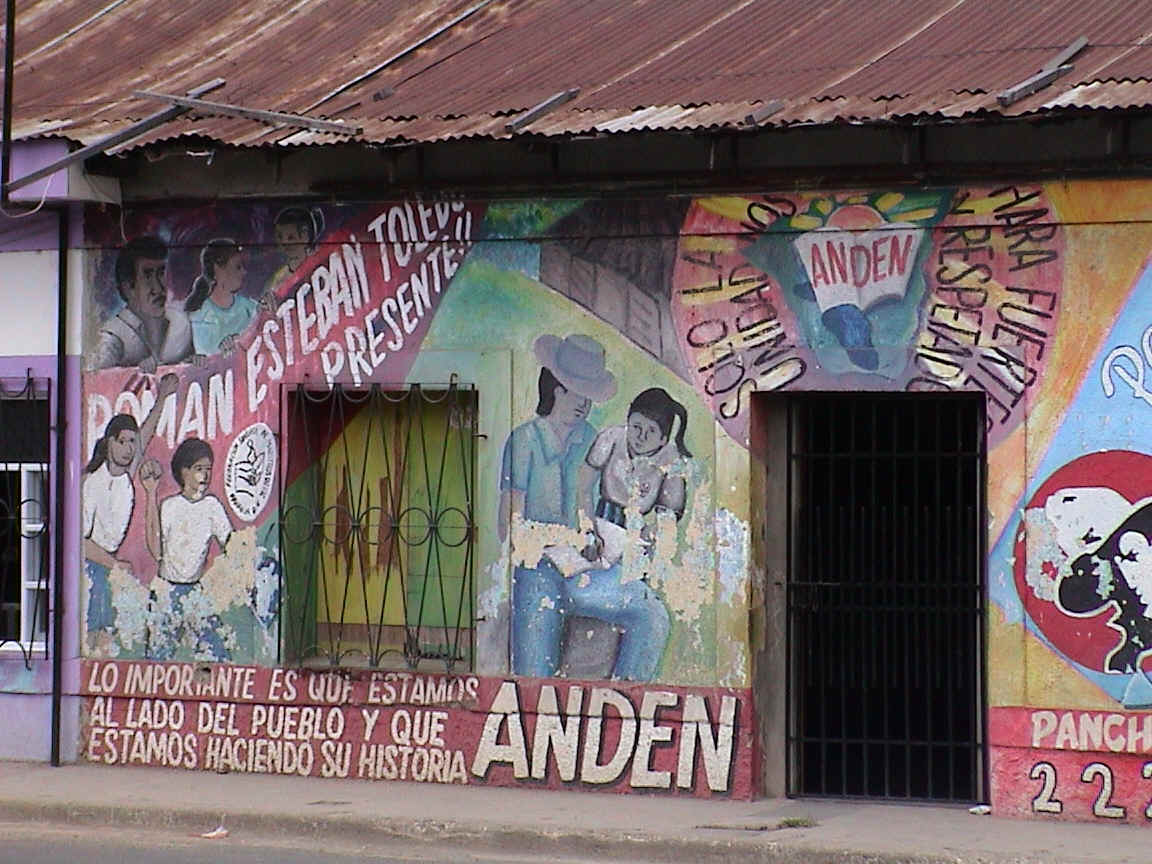
Chavez,
Venezuela
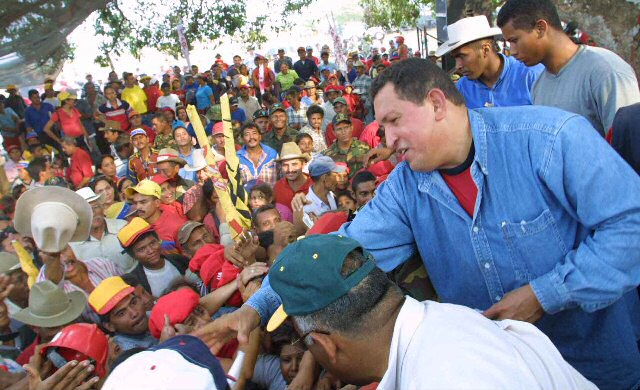
3) Catholic Church: Its
multifaceted presence in Latin America
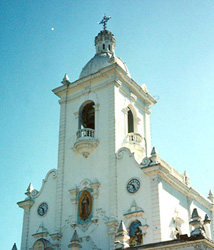
8) 1990s-present: neo-liberal
strategies
Privatization of state industries,
utilities,
airlines
“belt-tightening” – i.e.,
cutting government
spending
and at the same time raising taxes
Free Trade – existing customs
unions:
NAFTA
CAFTA (July 25, 2005) next: Free
Trade Agreement of the Americas (FTAA)
Mercosur (Braz, Arg, Para, Uru)
Andean Trade Pact (Chile, Peru,
Ecua, Col, Bol, Venez)
Group of Three (Mex, Col, Venez)
Effects of Free Trade:
